3 Recession Proof Stocks with Low Volatility.
The world is experiencing a wide range of macro troubles right now. These problems include the ongoing war in Ukraine, lockdowns in China, as well as rising inflation and interest rates. As a result, there is an increased likelihood of a recession down the road. Moreover, there are already multiple signs that the economy is slowing down.
Investors who prepare their portfolios for a recession might want to look for low-beta stocks that have proven resilient versus economic downturns in the past. Some business models are less cyclical than others, and earnings and dividends are better protected when one invests in these recession proof stocks.
On top of that, some stocks are less volatile than others, which is especially valuable during recessions. ‘Beta’ is usually the accepted measure of volatility. Some stocks are more volatile than the market in downturns, those with a beta of more than 1. In contrast, others are less volatile than the market as a whole, those with a beta of less than 1.
Investing in recession-resilient companies with a low beta can be a good idea in the current environment, which is why we will showcase three such companies in this report.

3 Recession Proof Stocks with Low Volatility
Affiliate
If you are interested in investing in stocks that pay dividends I recommend signing up for the Sure Dividend Newsletter*. It is a good value and one of the best dividend stock newsletters available. There is a 7-day free trial and grace period so it is risk free. The service provides top 10 stock picks each month with discussion of advantages, valuation, and risks. I highly recommend them and use their insights for my own stock research.
3 Recession Proof Stocks
AT&T
AT&T (T) is a leading telecom company in North America. it is the first pick of our recession proof stocks. Following the spin-off of its media business earlier this year, AT&T has become a focused telecommunications player that offers broadband, wireless service, etc., to customers across the US.
The company used to be a Dividend Aristocrat. Still, following the spin-off of the media business, its dividend was downsized to better align with the now-reduced size of the company. That being said, AT&T’s dividend looks relatively safe right now. The company’s annual payout of $1.11 translates into a dividend yield of 5.8%, with shares trading at $19, which is pretty attractive, both in absolute terms and relative to the broad market’s dividend yield.
AT&T is forecasted to generate earnings-per-share of $2.60 this year, which means that its dividend payout ratio stands at just 43%. This value is a rather low payout ratio for an established company such as AT&T. When we look at free cash flows, the dividend payout ratio is somewhat higher. However, the dividend is still well-covered, as the company’s total dividends this year will come in around $8.5 billion, while AT&T forecasts free cash flows of at least $14 billion. Furthermore, free cash flows should improve to $20+ billion next year, which will improve the coverage ratio and the safety of the dividend further.
During economic downturns, consumers reduce their spending, but they generally don’t get rid of their phones, as those are too integral to our modern way of life. This fact makes for a resilient business model. Moreover, with AT&T’s beta at just 0.5, the company is significantly less volatile than the market, potentially making it attractive as a recession investment.

Related Article About AT&T (T) on Dividend Power
Pfizer
Pfizer (PFE) is a pharma major especially prominent for its COVID franchises today. It is among the leading COVID vaccine manufacturers, in cooperation with BioNTech (BNTX), and its COVID treatment drug Paxlovid has also become a significant source of revenue.
On top of its COVID business, Pfizer is also active in many additional areas. For example, it owns oncology assets such as Ibrance for treating breast cancer and a broad drug portfolio in other areas, including vaccines, psychological problems, heart diseases, and many more.
Demand for healthcare products and treatments for ailments is not cyclical. Patients require care whether the economy is doing well or not. That explains why Pfizer has generally seen its business remain resilient during economic downturns in the past, which is also why the company has managed to grow its dividend for well over a decade.
With Pfizer’s beta at just 0.4, it is a very low-volatility stock relative to the broad market. In a recession, investors can expect that Pfizer’s underlying business will remain resilient, and its stock should also outperform in case the market pulls back in a big way. Add a dividend yield of 3.2% — around twice the broad market’s dividend yield and Pfizer looks like an excellent recession pick.

Verizon
Verizon (VZ) is, like AT&T, a telecommunications company. Due to the reasons mentioned above — consumers still want and need their phones even in a recession — the business is resilient. In addition, most consumers will forego dining out, buying a new TV or car, or going on a vacation before they think about getting rid of their phones.
Verizon currently offers a dividend yield of 6.7%, based on an annual payout of $2.61 per share. A dividend yield this high makes Verizon attractive for income investors. Also, thanks to an 18-year dividend growth track record, making the stock a Dividend Contender, investors can be assured that there is a high likelihood that the dividend will continue to grow.
Verizon’s dividend payout ratio, at just above 50%, is a little higher than that of AT&T, but the dividend payout ratio is not at all worrisome. Verizon will likely continue to pay dividends even in a significant recession. It has done so in the past, e.g., during the pandemic or the Great Recession.
Verizon currently trades at just 7.5X this year’s expected earnings-per-share of $5.20, which makes for a very inexpensive valuation. That should result in further protection versus an economic downturn — an already low valuation will likely not decline much, even in a recession.
Verizon has one of the lowest beta readings in our coverage universe, as its beta stands at just 0.35 right now. This value suggests that Verizon will likely decline significantly less than the broad market if we get another significant equity market decline. Add the total return tailwind from its dividend yield of close to 7%, and Verizon looks like one of the best recession proof stocks to pick at current prices.

Related Article About Verizon on Dividend Power
Thanks for reading 3 Recession Proof Stocks with Low Volatility!
Disclosure: Members of the Sure Dividend team are long T, PFE, and VZ.
You can also read Best REITs for Safe Income by the same authors.
Related Articles on Dividend Power
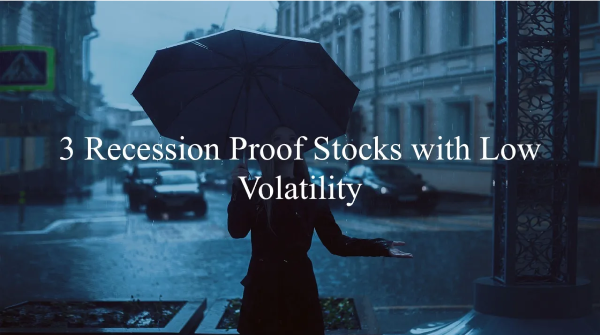
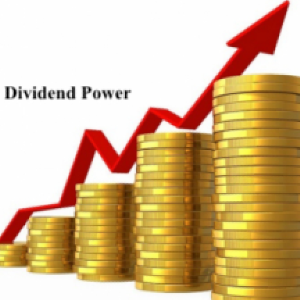

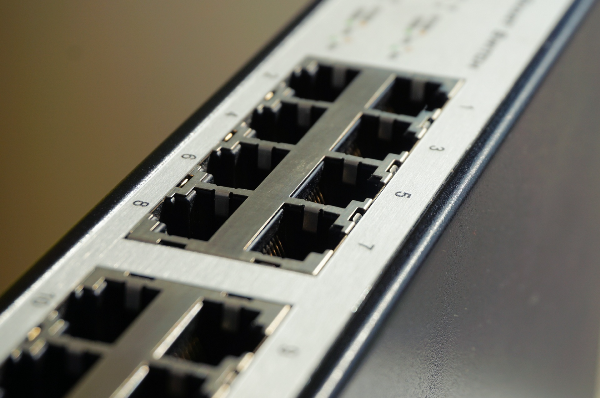


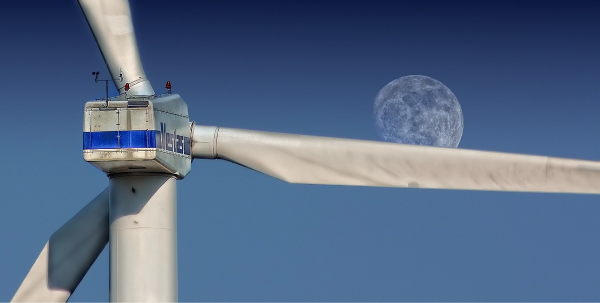
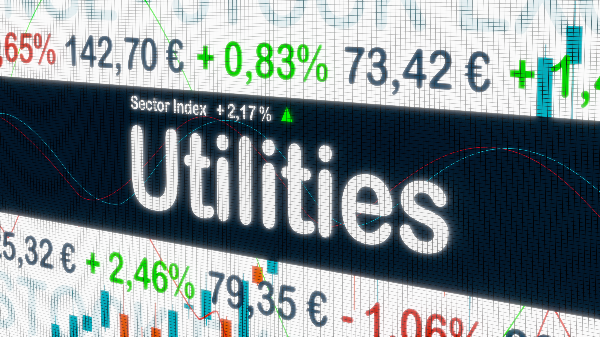


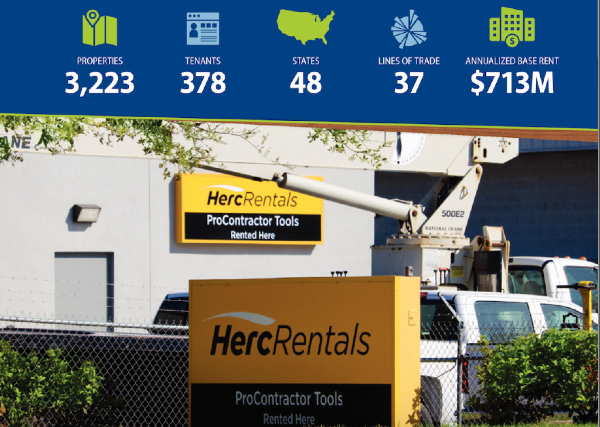

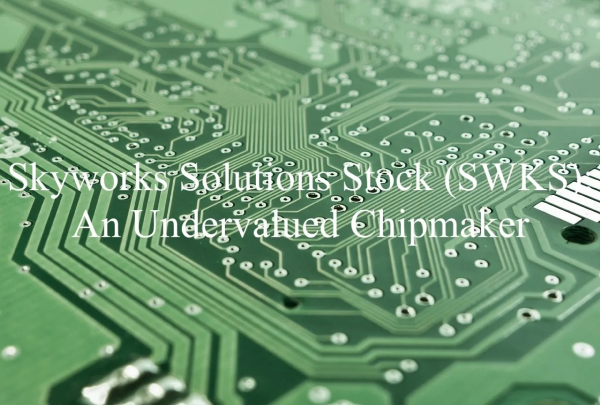

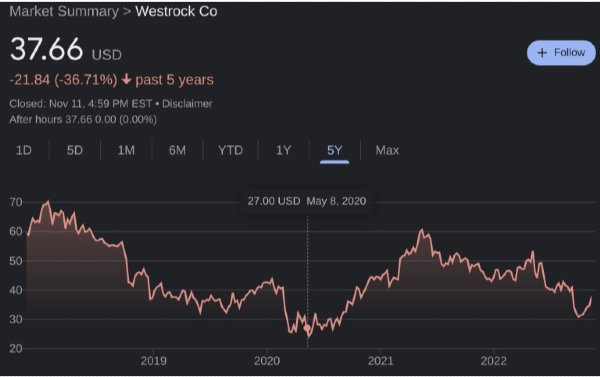

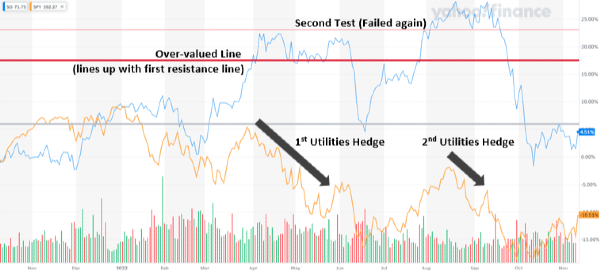

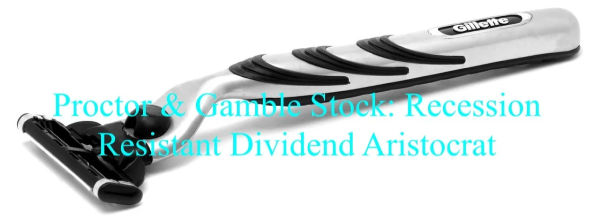
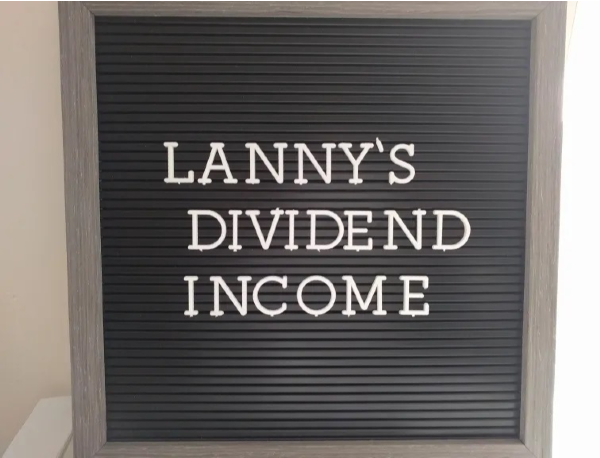
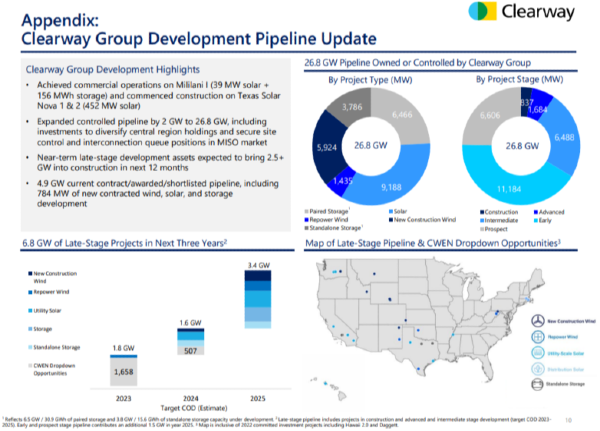
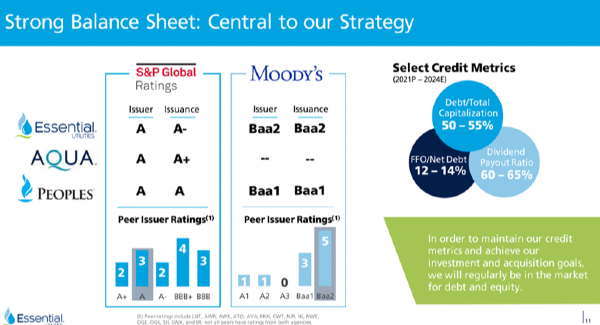
3 Recession Proof Stocks with Low Volatility.
The world is experiencing a wide range of macro troubles right now. These problems include the ongoing war in Ukraine, lockdowns in China, as well as rising inflation and interest rates. As a result, there is an increased likelihood of a recession down the road. Moreover, there are already multiple signs that the economy is slowing down.
Investors who prepare their portfolios for a recession might want to look for low-beta stocks that have proven resilient versus economic downturns in the past. Some business models are less cyclical than others, and earnings and dividends are better protected when one invests in these recession proof stocks.
On top of that, some stocks are less volatile than others, which is especially valuable during recessions. ‘Beta’ is usually the accepted measure of volatility. Some stocks are more volatile than the market in downturns, those with a beta of more than 1. In contrast, others are less volatile than the market as a whole, those with a beta of less than 1.
Investing in recession-resilient companies with a low beta can be a good idea in the current environment, which is why we will showcase three such companies in this report.
3 Recession Proof Stocks with Low Volatility
Affiliate
If you are interested in investing in stocks that pay dividends I recommend signing up for the Sure Dividend Newsletter*. It is a good value and one of the best dividend stock newsletters available. There is a 7-day free trial and grace period so it is risk free. The service provides top 10 stock picks each month with discussion of advantages, valuation, and risks. I highly recommend them and use their insights for my own stock research.
3 Recession Proof Stocks
AT&T
AT&T (T) is a leading telecom company in North America. it is the first pick of our recession proof stocks. Following the spin-off of its media business earlier this year, AT&T has become a focused telecommunications player that offers broadband, wireless service, etc., to customers across the US.
The company used to be a Dividend Aristocrat. Still, following the spin-off of the media business, its dividend was downsized to better align with the now-reduced size of the company. That being said, AT&T’s dividend looks relatively safe right now. The company’s annual payout of $1.11 translates into a dividend yield of 5.8%, with shares trading at $19, which is pretty attractive, both in absolute terms and relative to the broad market’s dividend yield.
AT&T is forecasted to generate earnings-per-share of $2.60 this year, which means that its dividend payout ratio stands at just 43%. This value is a rather low payout ratio for an established company such as AT&T. When we look at free cash flows, the dividend payout ratio is somewhat higher. However, the dividend is still well-covered, as the company’s total dividends this year will come in around $8.5 billion, while AT&T forecasts free cash flows of at least $14 billion. Furthermore, free cash flows should improve to $20+ billion next year, which will improve the coverage ratio and the safety of the dividend further.
During economic downturns, consumers reduce their spending, but they generally don’t get rid of their phones, as those are too integral to our modern way of life. This fact makes for a resilient business model. Moreover, with AT&T’s beta at just 0.5, the company is significantly less volatile than the market, potentially making it attractive as a recession investment.
Source: Portfolio Insight*
Related Article About AT&T (T) on Dividend Power
Pfizer
Pfizer (PFE) is a pharma major especially prominent for its COVID franchises today. It is among the leading COVID vaccine manufacturers, in cooperation with BioNTech (BNTX), and its COVID treatment drug Paxlovid has also become a significant source of revenue.
On top of its COVID business, Pfizer is also active in many additional areas. For example, it owns oncology assets such as Ibrance for treating breast cancer and a broad drug portfolio in other areas, including vaccines, psychological problems, heart diseases, and many more.
Demand for healthcare products and treatments for ailments is not cyclical. Patients require care whether the economy is doing well or not. That explains why Pfizer has generally seen its business remain resilient during economic downturns in the past, which is also why the company has managed to grow its dividend for well over a decade.
With Pfizer’s beta at just 0.4, it is a very low-volatility stock relative to the broad market. In a recession, investors can expect that Pfizer’s underlying business will remain resilient, and its stock should also outperform in case the market pulls back in a big way. Add a dividend yield of 3.2% — around twice the broad market’s dividend yield and Pfizer looks like an excellent recession pick.
Source: Portfolio Insight*
Verizon
Verizon (VZ) is, like AT&T, a telecommunications company. Due to the reasons mentioned above — consumers still want and need their phones even in a recession — the business is resilient. In addition, most consumers will forego dining out, buying a new TV or car, or going on a vacation before they think about getting rid of their phones.
Verizon currently offers a dividend yield of 6.7%, based on an annual payout of $2.61 per share. A dividend yield this high makes Verizon attractive for income investors. Also, thanks to an 18-year dividend growth track record, making the stock a Dividend Contender, investors can be assured that there is a high likelihood that the dividend will continue to grow.
Verizon’s dividend payout ratio, at just above 50%, is a little higher than that of AT&T, but the dividend payout ratio is not at all worrisome. Verizon will likely continue to pay dividends even in a significant recession. It has done so in the past, e.g., during the pandemic or the Great Recession.
Verizon currently trades at just 7.5X this year’s expected earnings-per-share of $5.20, which makes for a very inexpensive valuation. That should result in further protection versus an economic downturn — an already low valuation will likely not decline much, even in a recession.
Verizon has one of the lowest beta readings in our coverage universe, as its beta stands at just 0.35 right now. This value suggests that Verizon will likely decline significantly less than the broad market if we get another significant equity market decline. Add the total return tailwind from its dividend yield of close to 7%, and Verizon looks like one of the best recession proof stocks to pick at current prices.
Source: Portfolio Insight*
Related Article About Verizon on Dividend Power
Thanks for reading 3 Recession Proof Stocks with Low Volatility!
Disclosure: Members of the Sure Dividend team are long T, PFE, and VZ.
You can also read Best REITs for Safe Income by the same authors.
Related Articles on Dividend Power
Originally Posted on dividendpower.org